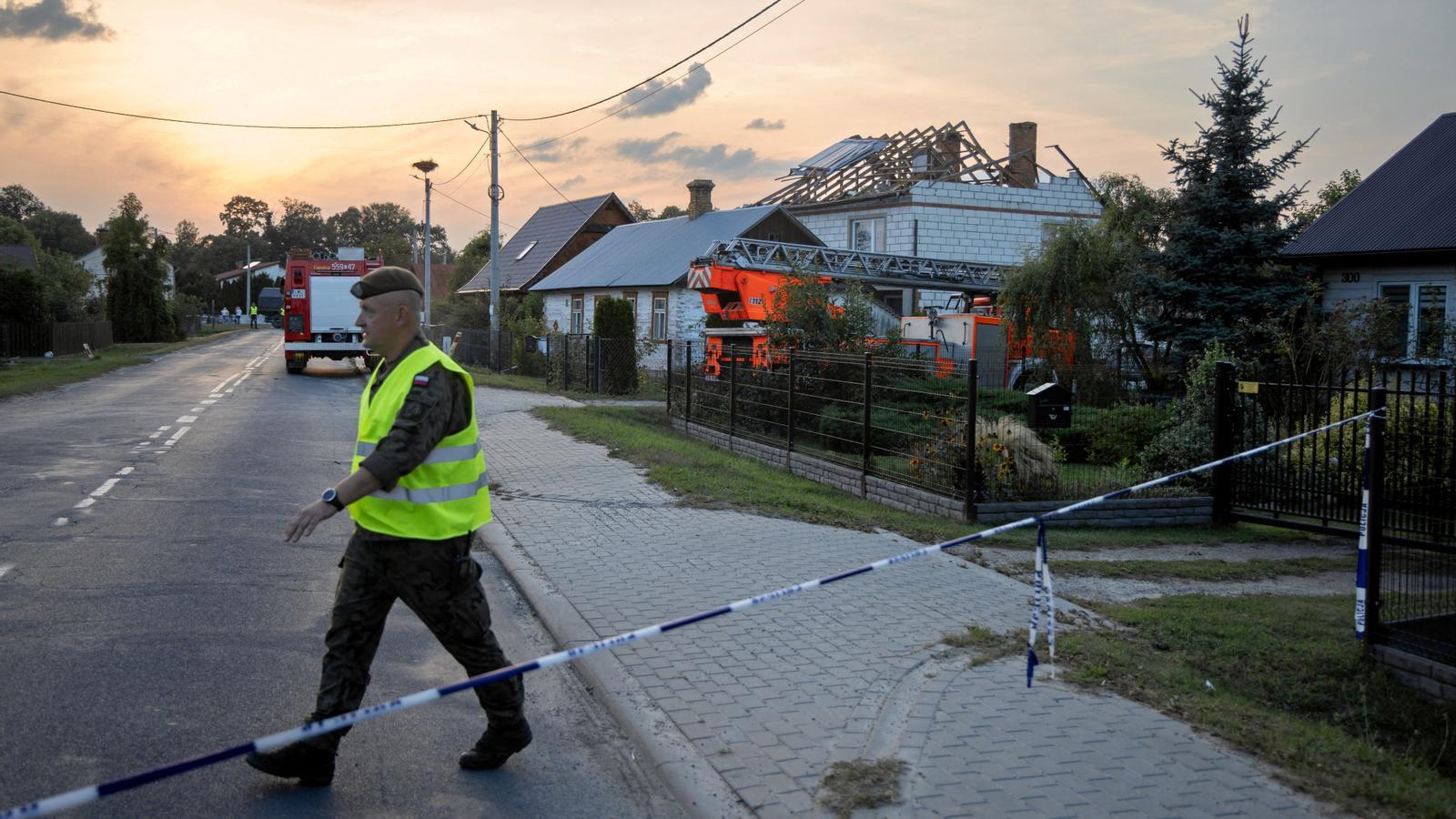

StrasbourgHehomo smartphone, this species that we have become by spending hours glued to the screens of our mobile phones, is so accustomed to rapid inputs that, sometimes, it is difficult to perceive the depth of the landscape that surrounds us.
And the landscape that we Europeans woke up to this Wednesday – a species, by the way, under reconstruction – was serious: at dawn, The Polish army had shot down Russian drones flying over its airspace, considering them a threat.. Translation: exchange of war actions between NATO—and the European Union—and a Russia ruled by a leader openly nostalgic for Soviet imperialism.
The scenario is unprecedented. The scenario—although insistently announced because Moscow has been pushing its luck for some time—would have seemed like science fiction four years ago. The scenario accentuates concerns. The scenario opens a new phase of hostility between the West and Russia. The scenario must not be ignored.
"Europe is in struggle. [...] Europe must fight," Ursula von der Leyen said this morning from the Strasbourg parliament.Listening to her, I imagined her advisors making last-minute changes to adjust the speech so that it sounded worthy of Putin's latest resounding challenge. Von der Leyen sounded forceful when she said: "Europe is in combat and we will defend every last square centimeter of our territory." The fourth applauded. Von der Leyen also sounded forceful when she asked: "Does Europe have the stomach for a fight?" The fourth applauded.
The applause in the beautiful city of Strasbourg, where war seems like a distant joke, made me think of another beautiful European city, Odessa, where war is a horrifying truth. Two weeks ago, in beautiful Odessa, The spokesman for the Ukrainian Navy told me another powerful statement: "If Ukraine loses this war, the next day a Russia-led Ukraine will attack Europe."
Strong statements often seem alarmist. Is it alarmist to talk about the risk of further war in Europe? The answer varies starkly depending on whether you're speaking from Warsaw or Barcelona. Does Europe have the stomach for a fight? More than stomach, What Von der Leyen should be asking is whether Europe has the capacity to fight. The answer exposes Europe's great weakness today: its famous strategic autonomy is still an adolescent illusion, and the continent's security remains in the hands of the irremediably unpredictable United States.
"To achieve strategic autonomy, mental emancipation is first necessary," said a prominent voice in the European Parliament this week. This is Europe's great struggle. Today's European scenario is starkly different from the pre-2022 European scenario. In that scenario, Kiev was just another tourist destination for thehomo smartphone. In today's scenario the Ukrainian trenches are full of men who fight and die with their cell phones in their pockets.
It's hard to ignore the change of scenery, of landscape, of Europe, of the world.
